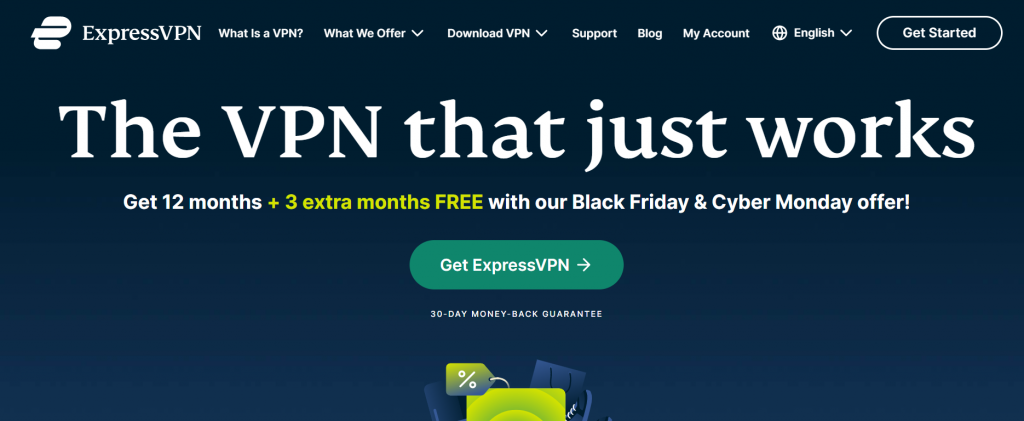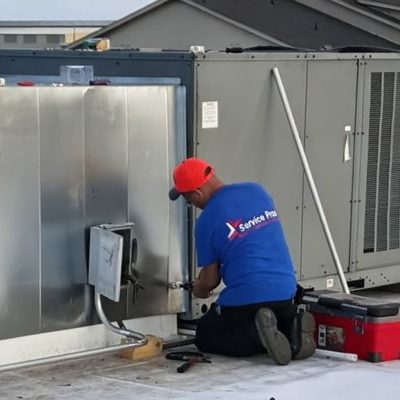
A VPN, or Virtual Private Network, is a tool that helps to keep your online activity private and secure. By encrypting your traffic and routing it through a VPN server, your ISP (Internet Service Provider) and other third parties will not be able to see what you’re doing online. This is especially important if you’re using public Wi-Fi, as these networks are often unsecured and prone to attack. While there are many different VPN providers out there, we believe that they are the best security solution for your home. In this blog post, we’ll explain why VPNs are so important and how they can keep you safe online.
What are VPNs and how do they work?
Virtual Private Networks, or VPNs, are a type of security software that encrypts your internet traffic and routes it through a VPN server. This makes it difficult for anyone to snoop on your online activity or steal your personal information.
VPNs work by creating a secure tunnel between your device and the internet. All of your internet traffic is routed through this tunnel, which makes it much more difficult for anyone to intercept or spy on your activities.
There are many different types of VPNs available, but they all work in essentially the same way. You can use a VPN to protect your privacy when using public Wi-Fi, to access region-locked content, or to simply improve your overall internet speeds.
If you’re looking for a good VPN to use, we recommend ExpressVPN. It’s one of the fastest and most reliable VPNs on the market, and it’s very easy to use.
What are the benefits of using a VPN?
A VPN, or Virtual Private Network, is a tool that helps to keep your online activity private and secure. When you connect to the internet through a VPN, all of your data is encrypted and routed through a secure tunnel. This means that anyone who tries to intercept your traffic will only be able to see gibberish, and not your actual data.
There are many benefits of using a VPN, including:
-keeping your data safe from hackers and other malicious actors
-preventing your ISP from selli
The best VPNs for your home security

A VPN, or Virtual Private Network, is a secure tunnel between your device and the internet. Any data that passes through this tunnel is encrypted, making it difficult for anyone to intercept or tamper with your information. This makes VPNs an essential tool for protecting your online privacy and security.
There are many different VPN providers out there, each offering different features and price points. To help you choose the best VPN for your needs, we’ve compiled a list of the best VPNs for home security.
NordVPN is a great choice for those looking for a comprehensive and affordable VPN solution. It offers a variety of features that make it perfect for online security, including military grade encryption, strict no logs policy, DNS leak protection, and more. NordVPN also has a handy built-in kill switch in case your connection drops unexpectedly.
ExpressVPN is another excellent option for those who prioritize speed and performance. It offers some of the fastest servers in the industry, making it perfect for streaming or gaming. ExpressVPN also boasts strong security features, such as AES 256-bit encryption and a strict no logs policy.
CyberGhost is a great choice if you’re looking for a budget-friendly VPN solution. It offers all the essential features you need to protect your online privacy, including military grade encryption and DNS leak protection. CyberGhost also has a generous 45-day money back guarantee so you can try it risk-free.
How to set up a VPN on your router
If you’re looking to add an extra layer of security to your home network, you might want to consider setting up a VPN. A VPN, or Virtual Private Network, allows you to create a secure connection to another network over the internet. This can be useful if you’re trying to access resources on a remote network, or if you want to keep your traffic and data safe from prying eyes.
There are a few different ways to set up a VPN, but one of the easiest is to use a VPN router. A VPN router is a special type of router that is configured to work with a VPN service. This means that all traffic that passes through the router will be encrypted and routed through the VPN server.
There are a few things you’ll need before you get started:
– A subscription to a VPN service. There are many different providers available, so make sure to choose one that’s right for you.
– A compatible router. Not all routers will work with all VPN services, so check with your provider or look for a router that specifically supports your chosen service.
– The setup instructions from your VPN provider. This will walk you through the specific steps needed to get your router working with their service.
Once you have everything ready, follow these steps to set up your VPN router.
Our Recommendation: ExpressVPN Website

For the average internet user, a Virtual Private Network (VPN) is the best security solution for your home. A VPN encrypts all of your traffic and routes it through a secure server, making it impossible for anyone to snoop on your data or see what you’re doing online.
There are many different VPN providers out there, but we recommend ExpressVPN. ExpressVPN is one of the largest and most trusted VPN providers, with over 3,000 servers in 94 countries. They offer a fast and reliable service, with strong encryption and 24/7 customer support. If you’re looking for a VPN provider, we highly recommend ExpressVPN.
The internet was originally conceived as open, free, and not controlled by any single company or group—full of unlimited possibilities right at your fingertips. In its best moments, the online world still exemplifies that spirit, but more often than not it seems that we’ve ceded our freedom online to others. Corporations, governments, and hackers are now able to monitor, manipulate, and restrict in once-unimaginable ways. That feeling of individual control and empowerment—it’s something we’ve lost along the way.





